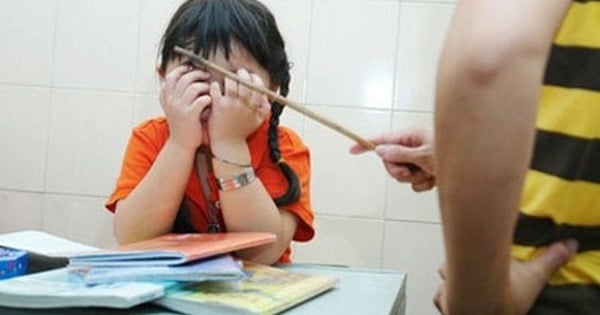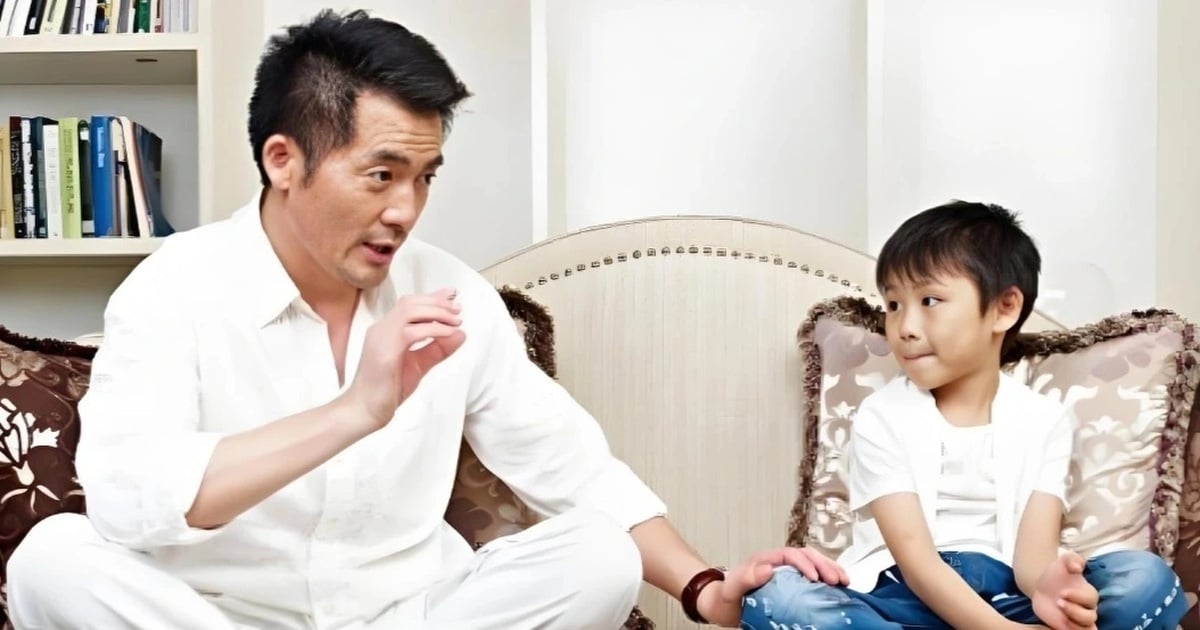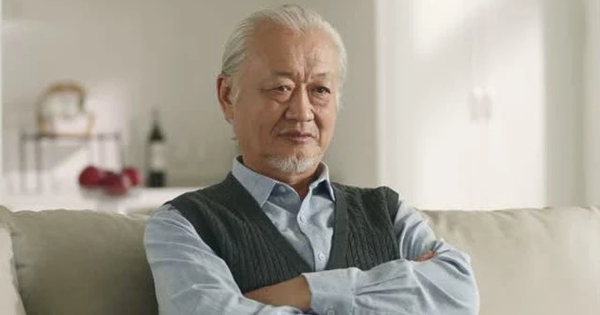Harvard graduate Bryce Grossberg stumbled upon the truth about how the rich raise their children. She found that the lives of these children born with silver spoons are much less comfortable than we imagine.
The Upper East Side is one of the wealthiest areas in New York (USA). The children of the top 1% of New Yorkers attend private schools on the Upper East Side, where teachers are highly educated and graduated from the world's top universities.
What is it really like to live and learn in the homes of the richest families? Bryce Grossberg has interacted with hundreds of children of wealthy families in Brooklyn and Manhattan, giving her a certain appreciation of the upper class.
“Parents all over the world have one thing in common: they want their children to have a better future, but they don’t know what to do,” she said. She found that wealth did not make the parents of these children feel comfortable, but instead made them anxious.
At the same time, she was also shocked to discover that on the other side of these elite children's journey to Ivy League schools and following in their parents' footsteps toward glory and success, they had a spiritual world that was not so good.
5th Avenue is busy and anxious
Fifth Avenue is the heart of Manhattan, an upscale residential area. The wealth of these students’ families is enough to place them in the top 1% of New York City. Their parents may be CFOs or bankers on Wall Street, they may come from long-standing wealthy families, or they may be celebrities who appear in fashion magazines.
They own a mansion in the Hamptons on Long Island, New York, travel the world, and have no problem sending their kids to expensive schools that cost as much as $50,000 a year. They are willing to spend a lot of money on tutors. In their view, if they don’t do well on tests, they don’t measure up.

These parents have the resources and the interest to be involved in their children’s education. They help their children choose courses each semester, hold meetings with their children’s academic advisors, teachers, and tutors to discuss their educational plans. Many parents even hire professionals to evaluate and analyze their children’s academic progress.
Wealthy families often buy tutoring services to solve their children's academic performance problems. If they do not meet the requirements, they just change tutors. To find a suitable tutor for their children, they will conduct a direct interview, then rely on the relationship between the child and the tutor. Tutoring costs about 300 - 800 USD/hour.
Tutoring is just one stop on the never-ending schedule of wealthy kids. Take Lily, Bryce's student, for example, whose parents have hired tutors for almost every subject. Lily's banker mother carefully schedules her day to ensure that her daughter's tutoring sessions are staggered.
Lily, who had a mental disorder, told Bryce: "I just want to be a fashion designer but I don't have time to take any more fashion courses." In wealthy families, there are many children like Lily who don't have the freedom to choose or even have time for entertainment.
A life without breath...
The top 1% seem to have a secure future. But after getting to know them, Bryce discovers that their lives are filled with more anxiety and competition.
They worry more than the average family about whether their children will have a promising future, and they are more eager to mold their children into the people they want them to be. As a result, many of the students Bryce comes into contact with are like living in a pressure cooker.
This pressure comes primarily from the elite private schools. The academic rigor of Manhattan’s elite private schools is unimaginable in many public schools. At the same time, students participate in a large number of extracurricular activities. In addition, many students practice specialized sports to get into top universities. Because Ivy League schools often accept the highest-scoring students from elite private schools onto their teams.

Trevor, a student of Bryce, whose family is in the banking and real estate business, is a member of a highly competitive soccer team at a private school. He practices up to 10 hours a night. If he performs poorly on the field and embarrasses his father, he is severely criticized. A good night's sleep is a luxury, and he sometimes feels exhausted and cries.
However, parents are still unwilling to let their children give up any activities, as if their children will fall into the abyss of eternal destruction once they become lazy. Their after-school time is full and they do not have a single minute to breathe.
Among Bryce's students, Alex - a 16-year-old boy, whose parents both graduated from the University of Pennsylvania, hoped that he could go to Harvard or Yale. To have time for physical education, Alex's homework was done by a tutor, every aspect of his life was arranged in an orderly manner, his room was cleaned, clean clothes were placed in the closet. Alex turned to drugs, suffered from depression.
However, for wealthy families, this doesn't seem to be a big deal, as long as their children are on their way to an Ivy League school, nothing else matters.
The Generational Curse of Attending an Ivy League School
In the global education arms race, the source of anxiety for wealthy kids often seems more immediate—that they must attend a top Ivy League school. But many parents overlook another important factor on the path to success: mental health.
Bryce has tutored students who dropped out of school due to poor mental health; others suffered from severe depression and bipolar disorder in college.
In addition, upper-class children who are immersed in a competitive atmosphere from a young age often inherit a "survival of the fittest" mentality: "There are only a few top schools and good jobs. Either you lose or I lose."
It is this “only win, no lose” mentality that has led some wealthy families to risk their lives by hiring people to take exams for their children, bribing college sports coaches, and falsifying their children’s results, leading to serious consequences. It seems that while wealth provides endless resources for the children of the wealthy, it also increases the risks in the process of growing up.

A follow-up study by Suniya Luthar, professor emeritus at Teachers College at Columbia University, found that children from wealthy families are more likely to develop substance abuse disorders than children from less affluent families. Behind this is the pressure to achieve and the lack of daily companionship between parents and children.
Rich children are twice as depressed as ordinary children. They are like flowers in a greenhouse, raised and sent to college by their parents and others, but it is difficult to predict what they will be like later.
Additionally, Bryce discovered that many wealthy kids who graduate from prestigious schools are unable to chart their own life trajectory because they are not free to choose the career and path they want.
Wealthy families’ expectations for their children remain narrow. For example, sons are steered into finance, law, real estate, and technology by their parents; daughters are mainly drawn into education, art, and design, or encouraged into banking, law, and medicine.
When Bryce looked at student profiles on LinkedIn, she noticed that most of the students she taught were going to follow in their parents’ footsteps after graduation. Very few strayed from the traditional path.
Regarding the pressure on their children, parents with economic potential often think: "If parents can overcome it, then their children must be able to do it too" . This may also be the mentality of many parents - on the road to success and wealth, there is no such thing as doing whatever you want, only patience and suffering are different from ordinary people.
Parents who do this often will lower their children's IQ
Source





























































Comment (0)